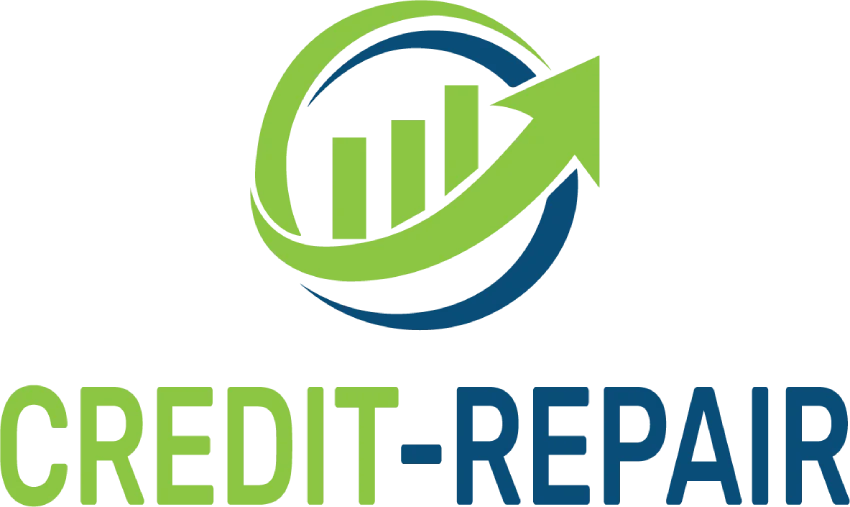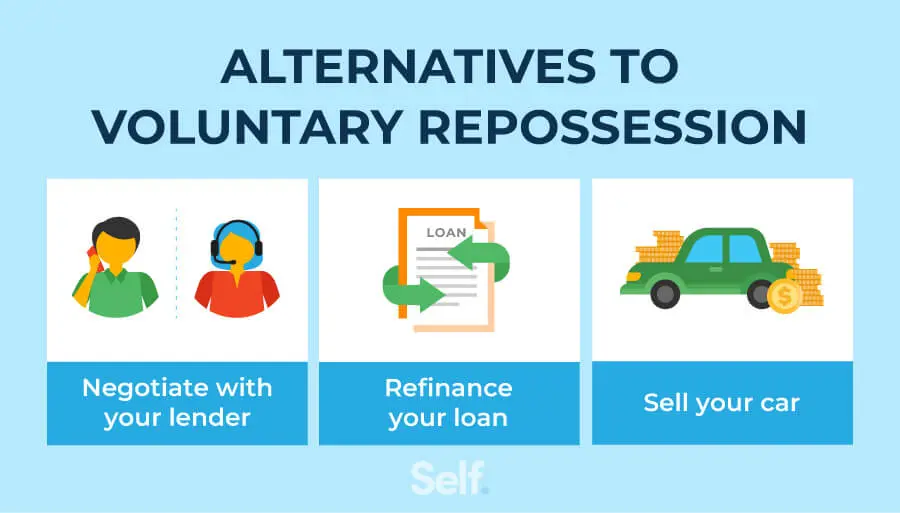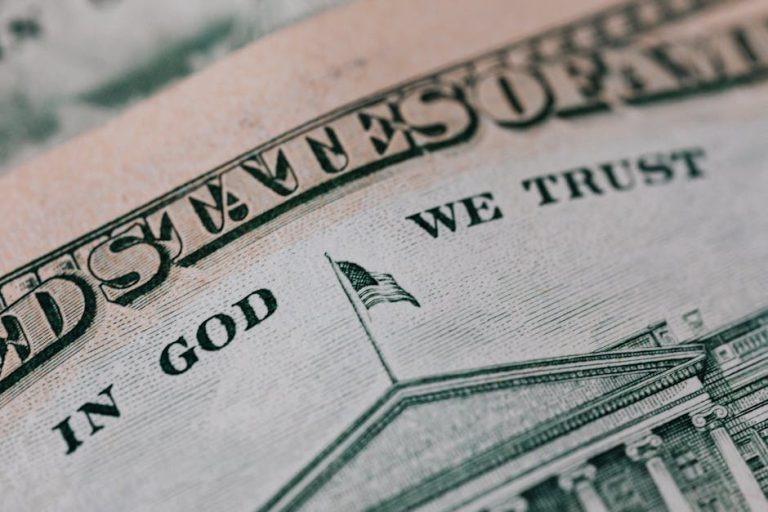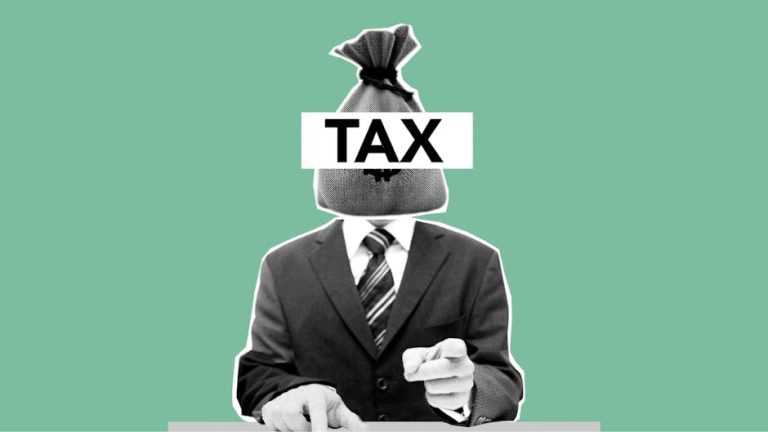When someone voluntarily goes through repossession, whether for a car or any other valuable item, it can have lasting effects on their credit report and overall creditworthiness. Exploring credit repair becomes crucial in such situations. Let’s delve into what voluntary repossession means and how it impacts your credit score.
Understanding Voluntary Repossession
Defining Voluntary Repossession
Voluntary repossession is a term commonly associated with auto loans, yet it can be surrounded by confusion. To fully grasp its implications, let’s explore its definition, process, and why individuals opt for this route.
The Process of Voluntary Repossession
Communicating with the Lender
The process typically starts with borrowers communicating their difficulties to lenders and expressing their intention to return the collateral. Maintaining open communication is crucial as lenders may provide solutions.
Returning the Asset
Borrowers physically return the asset, such as a car, to a location specified by the lender, which could be a dealership, bank branch, or another designated place.
Selling the Asset
Upon return, the lender usually sells the asset through an auction, with the proceeds applied towards reducing the borrower’s loan balance.
Deficiency Balance
In cases where the asset’s sale doesn’t cover the remaining loan amount, a “deficiency balance” emerges. The borrower is usually responsible for repaying this amount.
Reasons Behind Choosing Voluntary Repossession
While surrendering an asset might seem counterintuitive, there are compelling reasons for borrowers to consider this option:
Mitigating Costs
Voluntarily surrendering the asset can help avoid fees associated with forced repossession, such as fees for repossession agencies, storage costs, and legal expenses.
Avoiding Confrontation
Opting for repossession allows borrowers to handle the process discreetly, avoiding the embarrassment and confrontational nature of having an asset unexpectedly taken away.
Potential for Negotiation
Communication with the lender opens up possibilities for negotiation. Discussing challenges may lead to more favorable resolutions, such as loan restructuring.
Credit Implications
While both voluntary and involuntary repossessions impact credit, there’s a perception that voluntary repossession reflects borrower behavior, potentially offering advantages when rebuilding credit or explaining circumstances to lenders.
Drawbacks and Considerations
Choosing repossession does not absolve one from debt entirely. The remaining deficiency balance remains a concern, and the repossession reflects on the borrower’s credit report. Before opting for this path, thorough exploration of options, seeking professional advice, and understanding the long-term implications is essential.
Conclusion: The Dynamics of Voluntary Repossession
Voluntary repossession occurs when a borrower willingly surrenders collateral, such as a car, to the lender due to an inability to afford payments. While it may help avoid some fees and reduce the impact of forced repossession, it does not release the borrower from financial obligations tied to the loan.
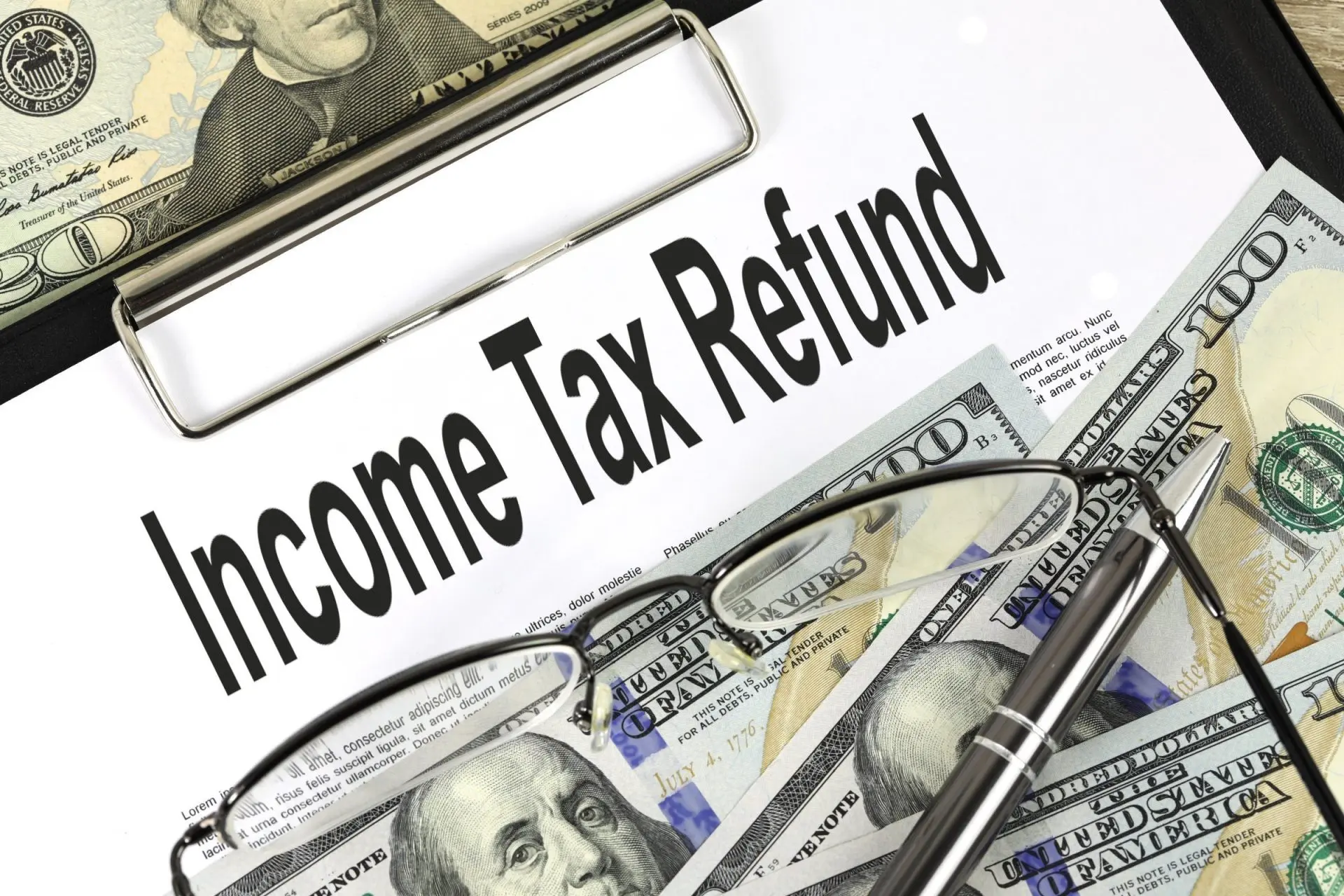
Get a Credit Repair Service
Disadvantages of Voluntary Repossession: Navigating the Consequences
When contemplating voluntary repossession as an alternative to involuntary repossession, borrowers should be aware of the substantial drawbacks that can impact them in various ways. A comprehensive understanding of these consequences is essential for informed decision-making regarding their financial future. Here’s a detailed exploration of the downsides associated with repossession:
1. Impact on Credit Score:
a. Immediate Decrease:
Opting for repossession results in a significant drop in your credit score, akin to involuntary repossession.
b. Long-Term Effect:
Whether voluntary or involuntary, a repossession can linger on your credit report for up to seven years, making it challenging to obtain credit or loans in the future.
2. Remaining Debt – The Outstanding Balance:
a. Insufficient Sale Proceeds:
Upon returning the asset, such as a car, the lender sells it through an auction. If the sale price doesn’t cover the remaining loan balance, a deficiency balance remains.
b. Ongoing Responsibility:
The borrower is typically still responsible for the remaining debt, facing potential collection actions and calls from the lender.
3. Increased Loan Expenses:
a. Accrued Interest and Fees:
Before choosing repossession, additional interest, late fees, or penalties may accumulate on the loan, increasing the debt if the asset sale doesn’t cover the full amount.
b. Collection Costs:
If unable to pay off the remaining balance, involving a collection agency may result in additional costs borne by the borrower.
4. Psychological Effects:
a. Feeling of Disappointment:
Returning a purchased item can lead to a sense of disappointment or setback, reflecting a perceived failure to fulfill commitments.
b. Stress:
The process, aftermath, and juggling responsibilities during repossession can be a significant source of stress.
5. Implications for Future Borrowing:
a. Interest Rates:
Securing a loan post-repossession may result in higher interest rates, as lenders view the borrower as a higher risk.
b. Loan Rejections:
Some lenders might outright reject loan applications upon observing a repossession on the credit history.
6. Impact on Areas of Life:
a. Rental Obstacles:
Recent repossession may make it challenging to rent a home or apartment as landlords often review tenants’ credit histories.
b. Employment Opportunities:
Certain professions requiring credit checks might limit job opportunities for individuals with a repossession on their record.
c. Increased Insurance Costs:
Repossession, especially of a vehicle, may lead to higher future car insurance premiums due to its impact on the credit score.
7. Stigma and Perception in Society:
a. Negative Perception:
In some cultures, making decisions like repossession may carry a social stigma, potentially leading to feelings of shame or embarrassment.
Voluntary Repossession and Credit Report: Understanding the Full Impact
a. Negative Impact on Credit Report:
Regardless of voluntariness, repossession events affect credit reports for up to seven years, influencing loan approvals and interest rates.
b. Decrease in Credit Score:
Opting for repossession results in a significant decline in the credit score, impacting future borrowing potential.
c. Remaining Loan Balance:
A deficiency balance after the sale of the repossessed asset may harm the credit score further.
Comparing Voluntary and Involuntary Repossession:
a. Impact on Credit Severity:
Both types cause a decline in the credit score, but some lenders may view voluntary repossession more favorably.
b. Implications:
While involuntary repossession entails additional costs, choosing voluntary repossession might help dodge some expenses, but the primary financial obligation remains.
c. Emotional and Confrontational Factors:
Repossession avoids the confrontational aspect of having an asset forcibly taken, which can be a significant reason for voluntary surrender.
Recovering from Voluntary Repossession: Rebuilding Your Financial Health
a. Settle Outstanding Balances:
Focus on creating a plan to pay off any remaining balance after the sale of the repossessed asset.
b. Negotiate with Your Lender:
Explore options with your lender, negotiating for lower amounts owed or setting up payment plans.
c. Maintain Timely Payments:
Stay on top of all loan payments and credit card bills to gradually improve creditworthiness.
d. Consider Secured Credit Cards:
If facing difficulty getting approved for credit cards, secured credit cards can help rebuild credit.
e. Monitor Credit Report:
Regularly check for inaccuracies and dispute errors in your credit report, diminishing the impact of repossession over time.
f. Seek Guidance from Experts:
Consult with financial professionals or counselors for tailored strategies based on your specific situation.
Understanding the Decision: Voluntary Repossession at its Core
a. Impact on Credit:
Voluntary repossession has lasting implications on credit, affecting future borrowing abilities and interest rates.
b. Voluntary Repossession and Credit Report:
Regardless of voluntariness, repossession events impact credit reports, decrease credit scores, and may result in a deficiency balance.
c. Psychological Impact:
Voluntary repossession carries emotional implications, including a sense of loss, stress, anxiety, and potential embarrassment.
d. Making an Informed Decision:
Before proceeding with repossession, seek financial counseling, negotiate with your lender, and fully understand the consequences on credit and emotional well-being.
Conclusion: The Weighty Decision of Voluntary Repossession
Choosing voluntary repossession is a significant financial decision with profound and lasting effects. It necessitates thorough consideration, understanding of outcomes, and seeking guidance from financial professionals. While it may provide a solution for those facing challenging circumstances, it should be approached with awareness and understanding of the potential consequences on credit, finances, and emotional well-being.
Table of Contents
Get Your Credit Repaired With credit-repair.com
Google Review:
or
WHY CHOOSE US
We also would counsel you on real, legal, and ethical credit repair for clients rebuilding their life and credit ratings after hardship. Achieving financial freedom is the ultimate dream allowing you to live the life you want to enjoy. Get the help of a professional credit repair company by contacting us.
Our credit restoration services are tailored to your unique situation, and we never make you pay for anything you don’t need. When you sign up for either our Essentials or Essentials Plus packages, you can rest assured that you’ll be receiving the bare minimum of care necessary for your specific situation. You can opt for additional customization options to further tailor our offerings to your specifications. In this manner, you won’t overpay for perks you don’t use. This is the essence of adaptability.
